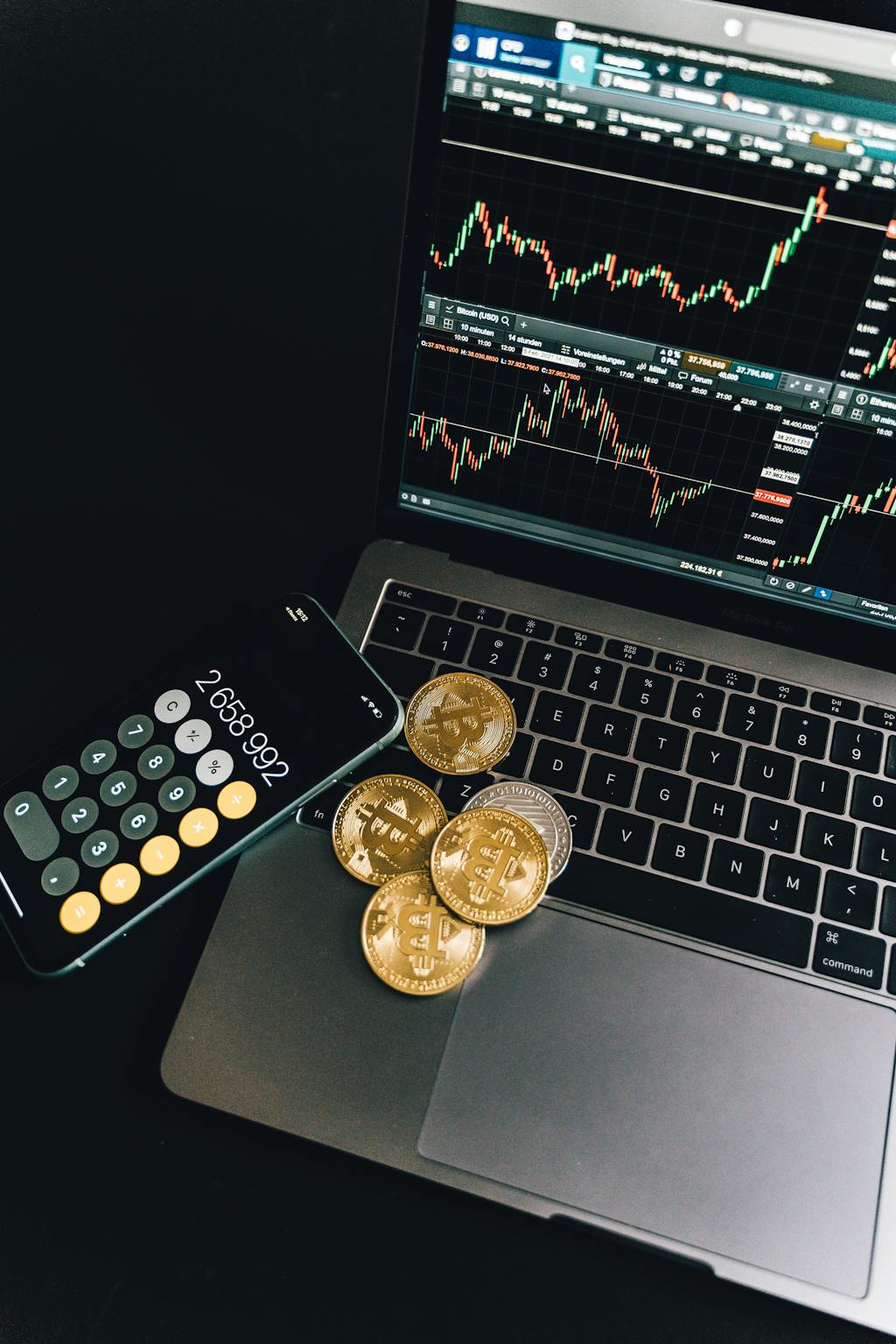Bank of Korea Rejects Bitcoin Reserves: Markets Stunned
Bank of Korea rejects Bitcoin as reserve asset citing volatility concerns, potentially influencing other Asian central banks and institutional adoption trends.

In a significant development that has sent ripples through the cryptocurrency market, the Bank of Korea (BOK) has explicitly dismissed the possibility of adding Bitcoin to its foreign exchange reserves, citing substantial volatility concerns. This announcement comes amid growing global discussion about central banks’ relationship with digital assets and various jurisdictions considering Bitcoin for their reserves.
Key Points from BOK’s Statement
- Explicit rejection of Bitcoin as a reserve asset
- Volatility cited as primary concern
- Emphasis on traditional reserve management principles
- Call for extreme caution in cryptocurrency adoption
Market Implications and Analysis
The BOK’s stance represents a significant setback for cryptocurrency advocates who have been pushing for institutional adoption. This decision could influence other Asian central banks considering similar moves, potentially impacting regional cryptocurrency adoption rates.
Expert Commentary: “The Bank of Korea’s position reflects the ongoing conservative approach of major central banks toward cryptocurrency adoption,” says Dr. Sarah Chen, Chief Economist at Digital Asset Research. “This highlights the persistent gap between traditional finance and the crypto sector.”
Global Context and Future Outlook
The decision comes at a crucial time when central banks worldwide are reassessing their reserve management strategies. While some nations are exploring cryptocurrency integration, the BOK’s stance underscores the challenges that remain for mainstream institutional adoption.
Technical Considerations
The volatility concerns cited by BOK are supported by historical data showing Bitcoin’s significant price fluctuations. In 2023 alone, Bitcoin experienced multiple instances of 20%+ price swings, making it challenging for conservative institutional investors to justify its inclusion in reserve portfolios.
Market Impact Statistics:
- Bitcoin’s 30-day volatility: 45%
- Traditional reserve assets volatility: 5-10%
- Institutional adoption rate in Asia: 15%
Looking Ahead
While the BOK’s decision represents a setback for cryptocurrency adoption, it also highlights the need for the industry to address volatility concerns and develop more stable solutions for institutional investors. The future of cryptocurrency in central bank reserves may depend on innovations in stability mechanisms and risk management tools.
Source: Bitcoin.com



